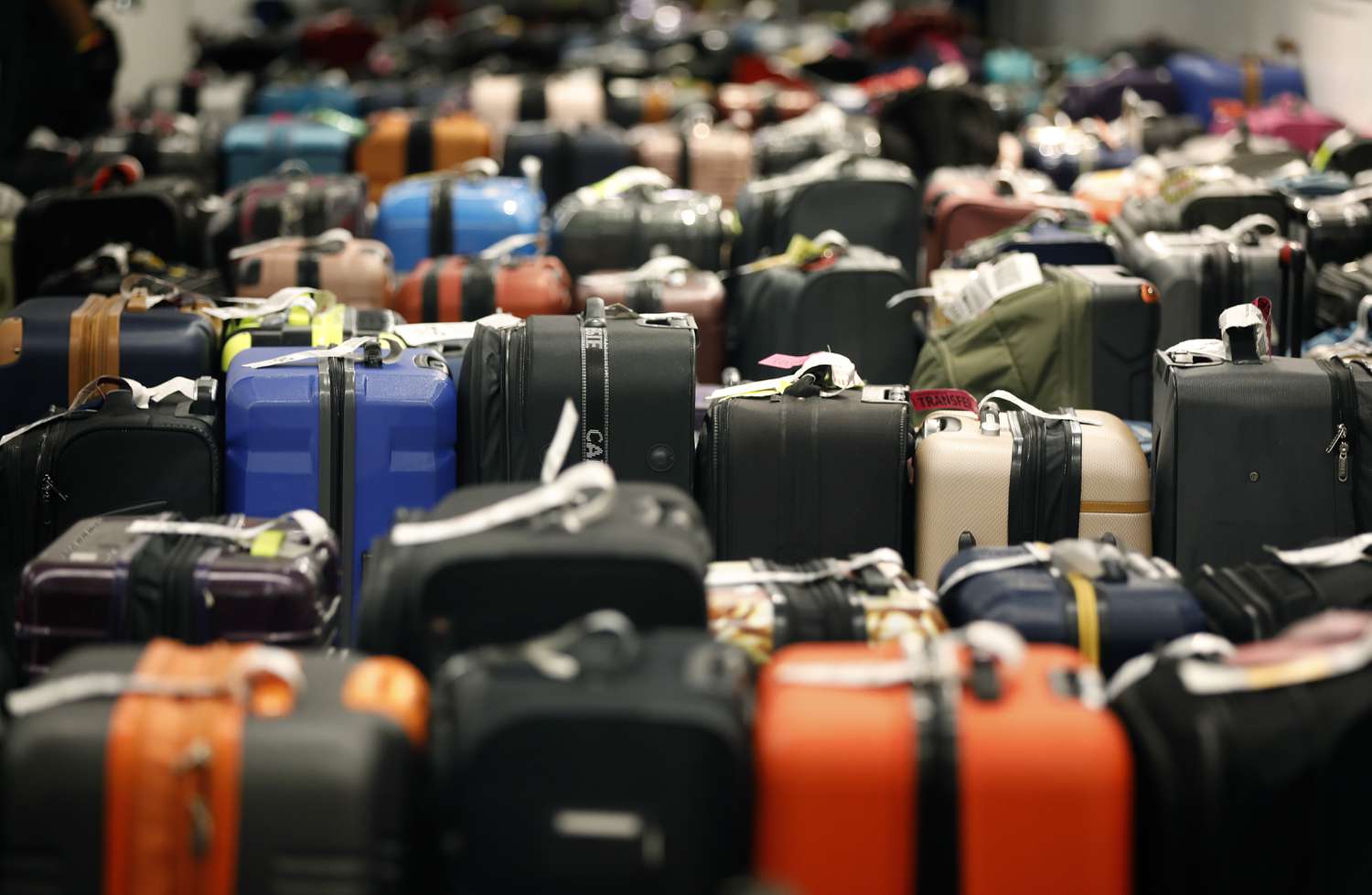Key Takeaways
- Airlines are facing scrutiny from lawmakers, as a new Senate panel report found that the companies generate billions of dollars in “junk fees” for seats and baggage.
- The Senate Permanent Subcommittee on Investigations said Tuesday that it will hold a hearing next week on the fees, calling airline executives to testify.
- Five airlines cited in the report collected more than $12 billion in seat fees from 2018 through 2023, the report found.
Airlines and their “junk fees” are in the crosshairs of Congress, with a new report from a Senate panel slamming the billions of dollars in fees that airlines take in each year and claiming they far outweigh the actual cost of the services they cover.
The Senate Permanent Subcommittee on Investigations said in a report Tuesday that the airlines’ fees for services like checking a bag and reserving a specific seat are more frequently being calculated with algorithms that vary at each purchase, and have little to no connection to the actual cost of the service.
The lawmakers plan a hearing for Dec. 4, with executives from each of the five airlines called to testify.
Five Airlines Collected $12 Billion in Seat Fees From 2018 Through 2023, Report Says
The report found that five U.S. airlines—Delta (DAL), United (UAL), American (AAL), and lower-cost competitors Spirit and Frontier (ULCC)—collected $12.4 billion in seat fees from 2018 through 2023.
Last year, United for the first time since at least 2018 took in more in seat fees than it did in checked-bag fees, at $1.3 billion versus $1.2 billion, according to the report.
The report said that Spirit and Frontier offered incentive payments to gate agents who caught potential baggage rule violations, which the lawmakers claimed often forced consumers to pay the relevant fee or risk missing a flight.
Finally, the report also alleged that the airlines are able to artificially reduce their tax burden by classifying some of their fees as “optional,” avoiding the 7.5% tax rate on airfare.
Airline Fees Just Keep Coming
Airlines have found more places to tack on fees in recent years. Delta recently told investors that its “premium” offerings should outpace revenue of the main cabin in coming years.
Earlier this year, the Department of Transportation (DOT) said airlines would now be required to disclose baggage and cancellation fees upfront, which it said could save consumers up to $500 million annually if they avoid the surprise fees.
The Senate subcommittee recommended a variety of follow-ups, including the DOT collecting more specific data on junk fees and investigating whether consumers have been harmed by them, assessing penalties as needed.

